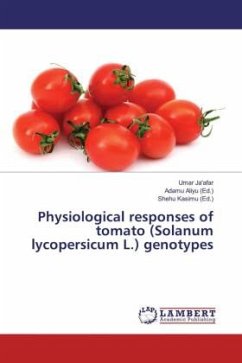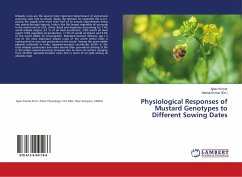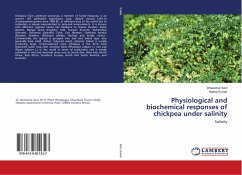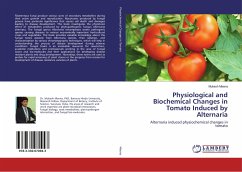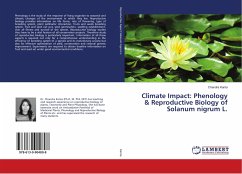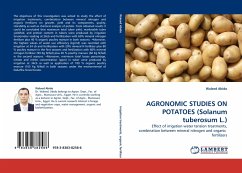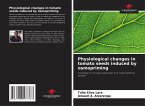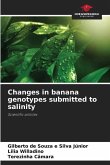In this study, physiological 20 tomato genotypes in response to salinity were evaluated. However, the genetic diversity of tomato genotypes was analyzed using SSRs polymorphic markers. The seedlings of each genotype were divided into three groups and replicated three times sodium chloride was dissolved in water to make variant concentration of 30, 60 mgL-1 of salt using electrical conductivity meter. The solution was used to water the plants. Physiological parameters were evaluated using International Plant Genetic Research Institute charts and manuals. Data obtained were subjected to one way analysis of variance using Statistical Package for Social Sciences Statistical Software (version 20). DNA was isolated following the protocols of Bioland Plant Genomic and polymerase chain reaction was done using C 1000 thermal cycler Bio Rad USA. All the genotypes exhibited a significantly decrease in vegetative and yield parameters in a concentration dependent manner. Proline and glycine betaine increase significantly (P<0.05) with increasing salt concentration.
Bitte wählen Sie Ihr Anliegen aus.
Rechnungen
Retourenschein anfordern
Bestellstatus
Storno

